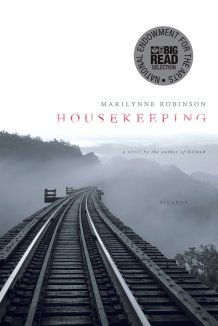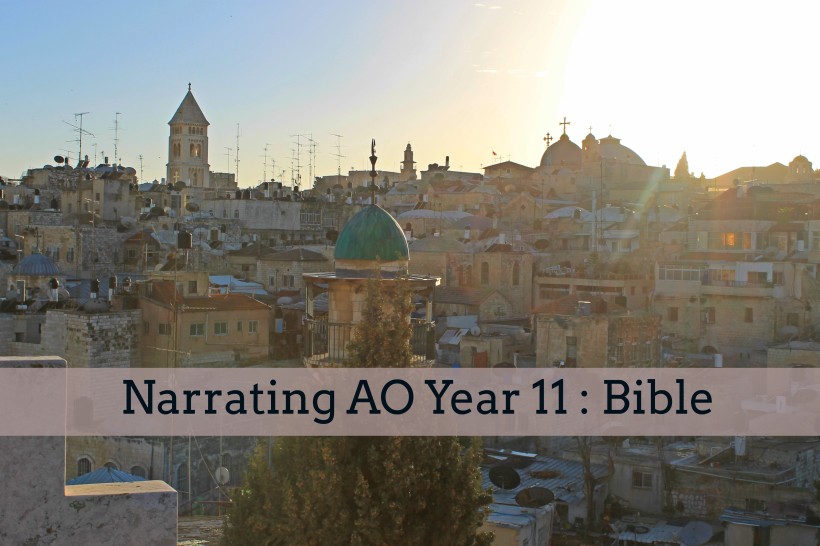Happy New Year, everyone!
It may very well be that I only started this blog so I could write annual book wrap-up posts. I love them.
2016 was an intense reading year for me. I wrestled with a lot, challenged some long-held beliefs and assumptions and refined my understanding of what it means to be a human being created in God’s image. Here are some of the highlights (asterisks refer to the number of times I’ve read something, if it was a re-read):
Favorite Family Read-Aloud
A Wonder Book by Nathaniel Hawthorne 
A dreamy combination of New England country living and vivid Greek mythology, this book is an AO Free Read, but I think it has fostered some of the most discussion, connections and spontaneous narrations of anything we read this past fall. I relished the imagery and several passages made it into my commonplace.
- Honorable Mention: Paddle to the Sea by Holling C. Holling
Most Spiritually Impactful Read
 The Broken Way by Ann Voskamp
The Broken Way by Ann Voskamp
I knew I definitely wanted to read this book when I got around to it, but one day in November I felt an almost overwhelming need to find a copy right away. I was in a terrible mood, so it’s hard to say confidently that it was the Holy Spirit, who knows, but from the first page, it was an almost instant correction, call to repentance, call to something more, and the truths it preaches have gotten me through a very difficult holiday season. I don’t usually ask my husband to read my favorite books, because we have very different tastes, but I’ve been begging him to read this one.
I’m also thinking this will become an annual read for me, a ritual I’ve never practiced before but often admired.
- Honorable Mention: The Screwtape Letters by C.S. Lewis**
Biggest Reading Challenge
Norms and Nobility by David V. Hicks
This book  just required such slow, careful, researched reading, but it was worth the time and effort. The chapter on Christian paideia cleared up some significant questions I’ve had for the last three years about the Christian classical education movement.
just required such slow, careful, researched reading, but it was worth the time and effort. The chapter on Christian paideia cleared up some significant questions I’ve had for the last three years about the Christian classical education movement.
Honorable Mention: America’s Original Sin by Jim Wallis (this one I labeled a challenge because it addresses some very painful issues in our country that are much easier not to acknowledge, but I found it a very helpful, clarifying read when I pushed through the discomfort).
Most Pleasurable Re-Read
 The Wind In the Willows by Kenneth Grahame***
The Wind In the Willows by Kenneth Grahame***
This book came alive for me in a big way the third time through, and I absolutely loved reading along with the Close Reads podcast and discussing further on Facebook–one of my comments even got mentioned in an episode! I developed a new admiration and affection for Mole this time.
- Honorable Mention: The Last Battle by C.S. Lewis** (I read this immediately after finishing a year-long study of Revelation with BSF…a perfect conclusion)
Favorite Fiction
Housekeeping by Marilynne Robinson**
I’m SUCH a Marilynne Robinson groupie and am moving on to her essays in 2017. This is her first novel, published way back in 1980, long before she breathed life into the inhabitants of Gilead, Iowa (aka, my family…I think they will be in heaven…just kidding, but possibly?). Anyway, Housekeeping is difficult (I read it twice in a row) and haunting, and it speaks deep truths about the homelessness all humans feel in this life on earth.
- Honorable Mention: Lila by Marilynne Robinson (the third of the Gilead novels, also about home, homelessness and transience)
The Rest of the Books of 2016
Novels: The Guernsey Literary and Potato Peel Pie Society by Shaffer and Barrows, Doc and Epitaph by Mary Doria Russell, Possession by A.S. Byatt, Pride and Prejudice by Jane Austen***, The Orchardist by Amanda Coplin
Short Stories: “Fidelity” by Wendell Berry, “Revelation,” “The Life You Save May Be Your Own” and “Parker’s Back” by Flannery O’Connor, “The Chief Mourner of Marne” by G.K. Chesterton
Epic Poetry: Dante’s Inferno
Nonfiction: Generous Justice by Tim Keller, The Life You Save May Be Your Own: An American Pilgrimage by Paul Elie, Minds More Awake by Anne White, Mere Motherhood by Cindy Rollins
AO Years 1/2 (with Ellary): Understood Betsy by Dorothy Canfield, Five Little Peppers and How They Grew by Margaret Sidney, Tree In the Trail by Holling C. Holling, Just So Stories by Rudyard Kipling**, The Door In the Wall by Marguerite de Angeli, Pocahontas, Abraham Lincoln, Benjamin Franklin, Buffalo Bill and George Washington by the d’Aulaires
AO Year 11 (for my own education): Ezekiel, II Corinthians, Brideshead Revisited by Evelyn Waugh, 84, Charing Cross Road by Helene Hanff, Fahrenheit 451 by Ray Bradbury (on audio).
Coming Soon…my reading plans for 2017!
